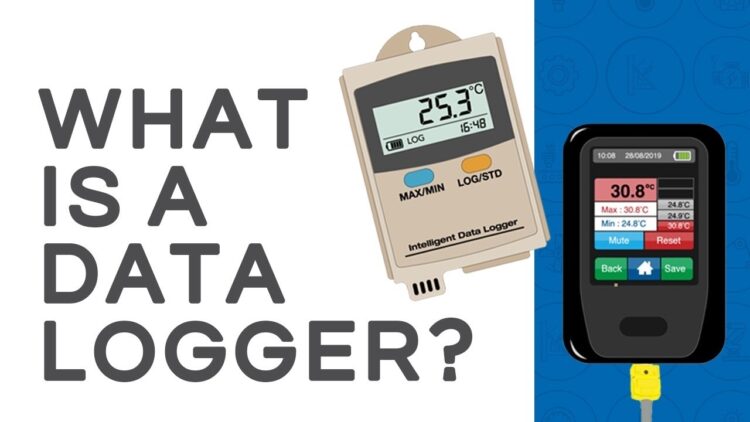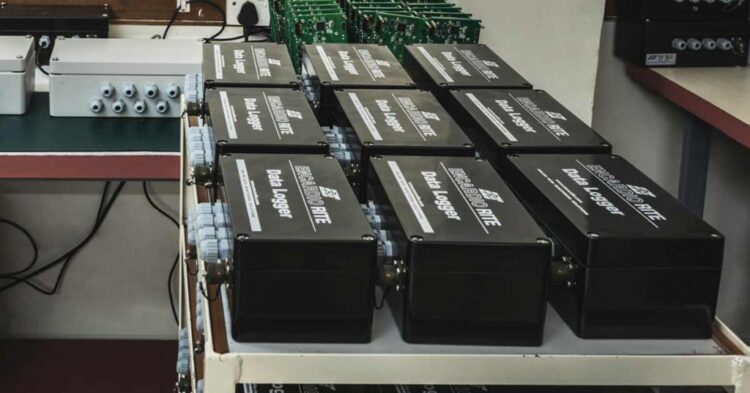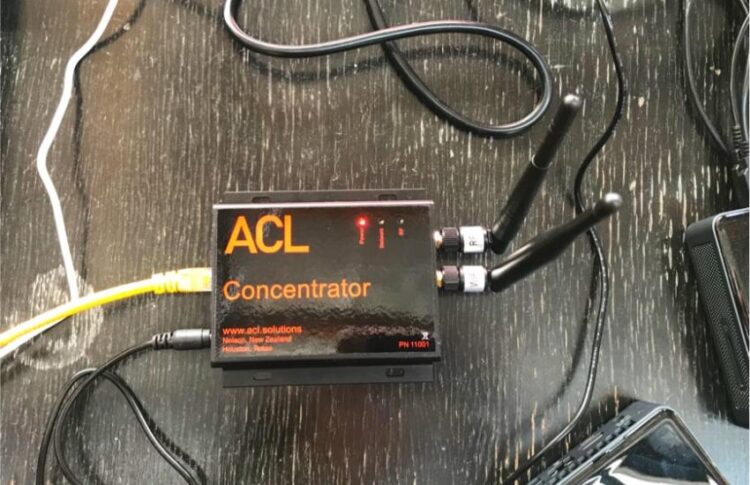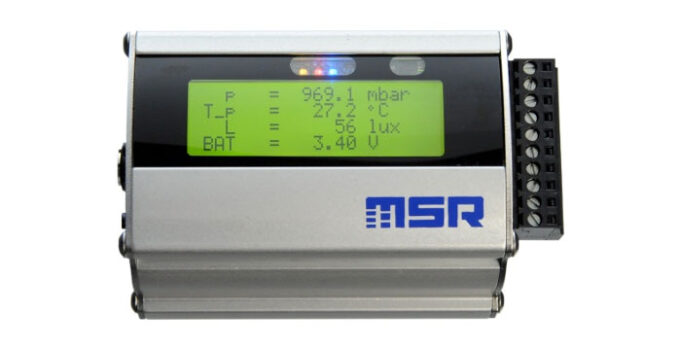Known for their accuracy, reliability, and many more advantages over manual measurements, data loggers are the new talk of the market. From manufacturing industries to the food, pharmacy, and shipping sectors, the demand for this device is increasing exponentially.
But what are data loggers? And what exactly is their use? This article will answer all your questions.
Page Contents
What is a Data Logger?

Source: youtube.com
According to DicksonData loggers are electronic devices that are instrumental in measuring and storing different data values. While the data loggers conduct their measurements through sensors within the devices, the data storage takes place in a computer or a memory chip. With the growing demand in the data logger market, these devices have become more compact and inexpensive.
Along with their ease of mobility and installation, data loggers offer multiple types of sensors to measure different parameters like temperature, humidity, air quality, and other items. Data loggers are available in single input and multiple input devices as per the customers’ needs.
Some data logger manufacturing companies even offer customized designs for the users. There are variations in the data logger devices based on the sensors. While some are available with built-in sensors, others have connections for external ones.
Many data loggers come with a liquid crystal display (LCD). Some have internal memory and external clocks for timestamps, while others can transmit alerts when the data measured exceeds the acceptable limits. Typically, a data logger has sensors that record one reading per second with an internal computer chip with the capacity for storing anywhere for thousands to millions of readings. The users can optimize the reading durations and intervals as per their individual requirements.
What industries use them?
A variety of industries and governmental bodies use data loggers. Some of the industries that utilize the technology of data loggers are listed below.
Medical and Pharmaceutical Industries
The most common use for data loggers is to monitor an environment. This function makes it ideal for the medical and pharmaceutical industries that utilize the device to record and transmit temperature, humidity, and pressure data. This information helps the industry maintain a viable environment for manufacturing and storing vaccines, drugs, and medicines. Data loggers are a part of the entire supply chain from manufacturing to storage to transportation. They play a vital role in distributing pharmaceutical products and maintaining their efficacy.
Industrial Safety and Health

Source: ec.europa.eu
Many industries use data loggers that operate in factory locations to maintain a healthy and viable environment for their workers. Many factories associated with chemical work and manufacturing may experience low air quality, which can put the lives of their workforce and the surrounding community at risk.
Data loggers are implemented in these industries to monitor the air quality and measure the CO2 levels to prevent health hazards. Data loggers monitor the air purity and toxin levels in the air to ensure that the environment remains safe and complies with all local laws and regulations.
The Energy Sector
As the world becomes increasingly environmentally conscious, energy efficiency and security have become a significant concern and priority. Data loggers assist with acquiring this goal by managing and monitoring the energy efficiency of a space.
The government and private industries use data loggers to monitor and regulate their power usage, HVAC efficiency, and energy consumption. These devices help them to take advantage of energy-saving opportunities. Data loggers provide documentable evidence of their successes and failures when attempting to make positive environmental changes.
Governments
The year 2024 witnessed an increase in the use of data loggers for urban planning projects regulated by all levels of government. Federal, state, and local governments used data logger technology to collect more accurate data. The data-driven decision-making process is enhanced with better data collection. Better decision-making also makes way to explore more possibilities like sustainable transportation infrastructure development.
Data loggers help provide governments with better data accumulation, which leads to better decision-making. Traffic management is another sector benefiting from data loggers in urban spaces. Highway departments install data loggers on highways and surface roads for traffic monitoring, which empowers the municipalities to assess road usage and develop plans for road maintenance.
How do they work?

Source: encardio.medium.com
Data loggers can record a variety of components in their installation environment, and they can monitor the factors like temperature, humidity, oxygen levels, CO2 levels, and more. The sensors installed in data loggers can record extreme high and low-temperature values.
Data loggers can operate 24/7 without any manual input. Their sensors record data later processed from the machine for analytical purposes. Data loggers come in a wide variety, and apart from their fundamental function of data recording, their working process might vary. For instance, there are wireless data loggers, and some data loggers come with a Bluetooth feature. Some more sophisticated data loggers come with Ethernet, WiFi, or a cellular modem that offer real-time monitoring and data alerts.
What types of data can they track?
Data loggers can measure a wide range of data, though temperature, humidity, and air quality are the most common. They can examine different states, environments, and components to fulfill the needs of any industry. Data loggers can track temperatures in refrigerated storage containers over a long period or track liquid flow rates at a remote pumping station.
What do they measure?
Data loggers come in numerous variations and measure different components per the user’s need. They can help the environmental and manufacturing sectors by measuring temperature, humidity, shock, air quality, and even the frequency of an object. Some data loggers are limited to measuring a single data type, while others offer the ability to measure multiple environmental factors.
Summing it Up!

Source: acl.solutions
Data loggers are complex devices with great features that make them efficient and convenient to use. Data loggers come with numerous benefits and aid in saving finances, providing quality products, and even saving lives by offering precise readings and reliable data storage. Most leading industries have implemented these devices into their manufacturing, transportation, and storage facilities. Many more will be adopting the technology to enhance their data-driven decision-making and management process.





